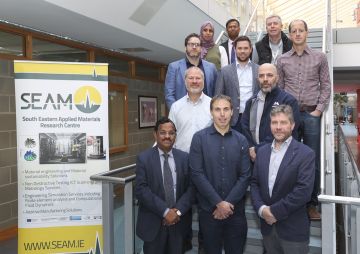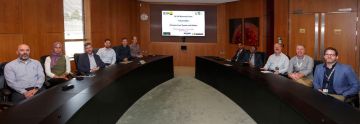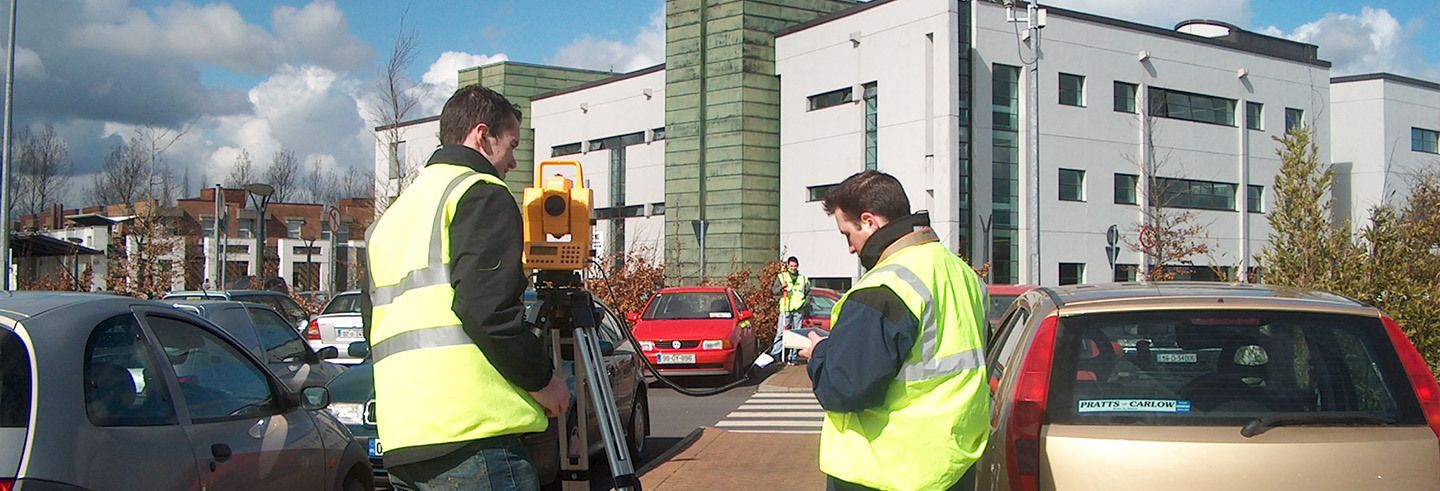The South Eastern Applied Materials (SEAM) research centre at South East Technological University in partnership with Mannok and Boliden (Tara Mines) , will engage in a two and half years research collaboration focused on reducing carbon emissions in the cement industry.

Thanks to Enterprise Ireland’s Innovation Partnership Project (IPP) and Capital Funding programme, SEAM has been awarded over €700K to work on this ambitious project. This project aligns well with the European Green Deal, which aims to achieve zero net greenhouse gas emissions by 2050 and support the transition to a green economy.
Addressing climate change challenges
The partnership will explore using shale as a supplementary cementitious material (SCM) to lower clinker content, thereby reducing CO2 emissions during cement production. Additionally, the research will investigate carbonation curing of Cement Paste Backfill (CPB), which could improve strength and capture CO2 in abandoned mine areas, addressing climate change challenges.
SEAM playing a part in decarbonisation
Dr Ramesh Raghavendra, Centre Director of SEAM and Project Co-ordinator for this multiparty IPP said, “we are pleased to expand our research centre offerings to construction sector in tackling their sustainability challenges associated with carbon emission reductions. To achieve global decarbonisation of the cement industry at speed and scale, collaboration and innovation is indeed essential and we look forward to play our part through this partnership project”.
Dr Ken Thomas, Head (Waterford) Faculty of Engineering and Built Environment, SETU said that ‘this project is very welcome and congratulations to all involved. It will be an exciting addition to our broad range of innovative research and education activities to advance sustainability in the built environment.’
Collaborative solutions
Kevin Lunney, Operations Director of Mannok Holdings said, “We are delighted to be working with SEAM and Boliden on this critical research for the cement sector which could have many far-reaching benefits for the construction sector more generally. Finding local, viable, low carbon solutions for the industry will can make a major contribution to lowering Green House Gas (GHG) emissions in Ireland and this is a top priority for Mannok. This work is one of several decarbonisation workstreams that Mannok is focussed on which include fuel-switching to green fuels, alternative low-carbon raw materials and process innovation. We look forward to the collaboration”.
Adam McElroy, Specialist Development Engineer at Boliden Mines Technology & Colum Burns, Head of Section-Mill process at Boliden Tara Mines said, “We are very happy to support this collaboration with SEAM and Mannok. This project will greatly enhance our knowledge and understanding of the potential for developing low carbon cement for mine backfill purposes and for utilising backfill systems as a carbon sink.
Potential synergies
The project will also investigate synergies between the cement manufacturing and mining industries, which could enhance the sustainability of both industries. The goals of this project are in line with Boliden’s vision to be the most climate friendly and respected metal provider in the world”.






